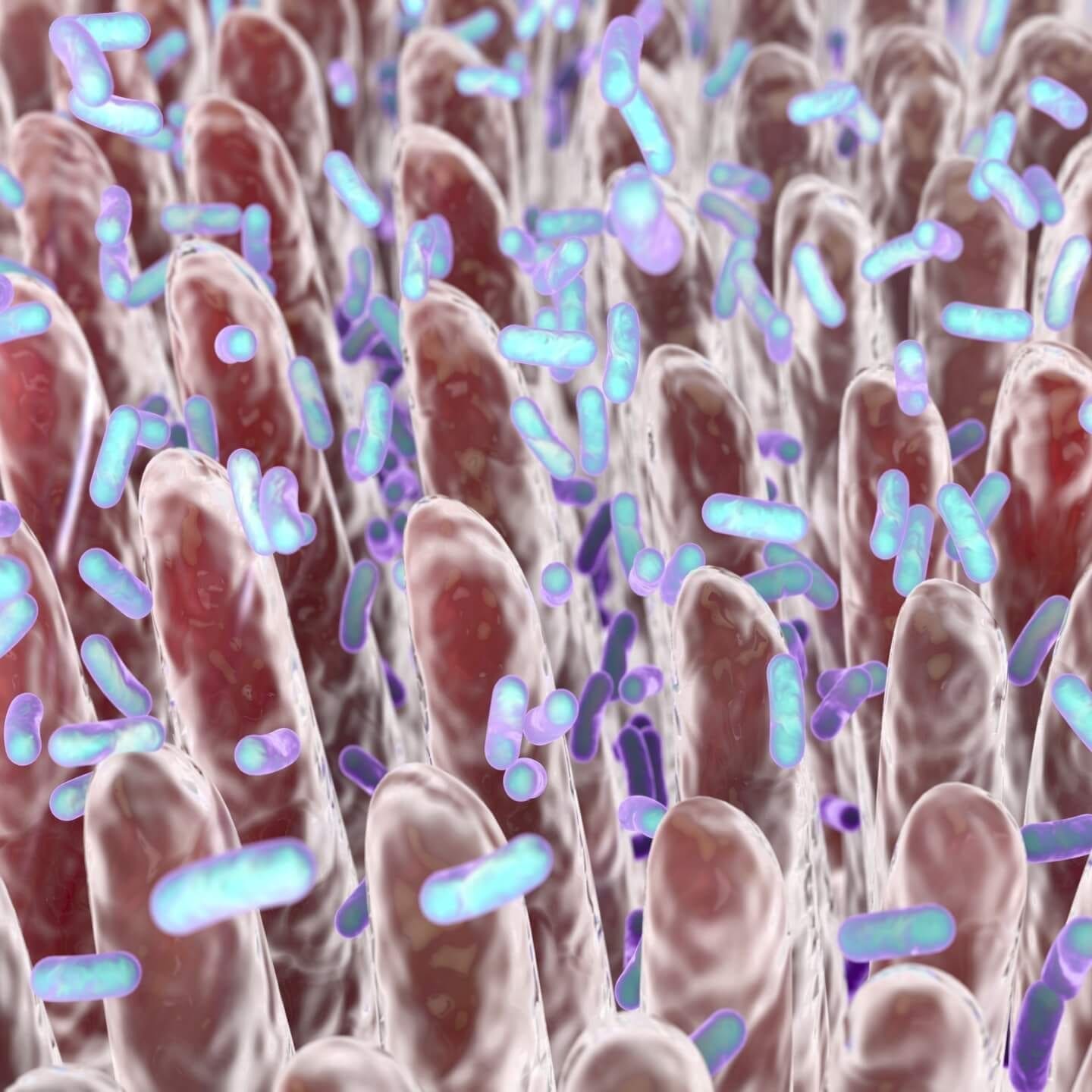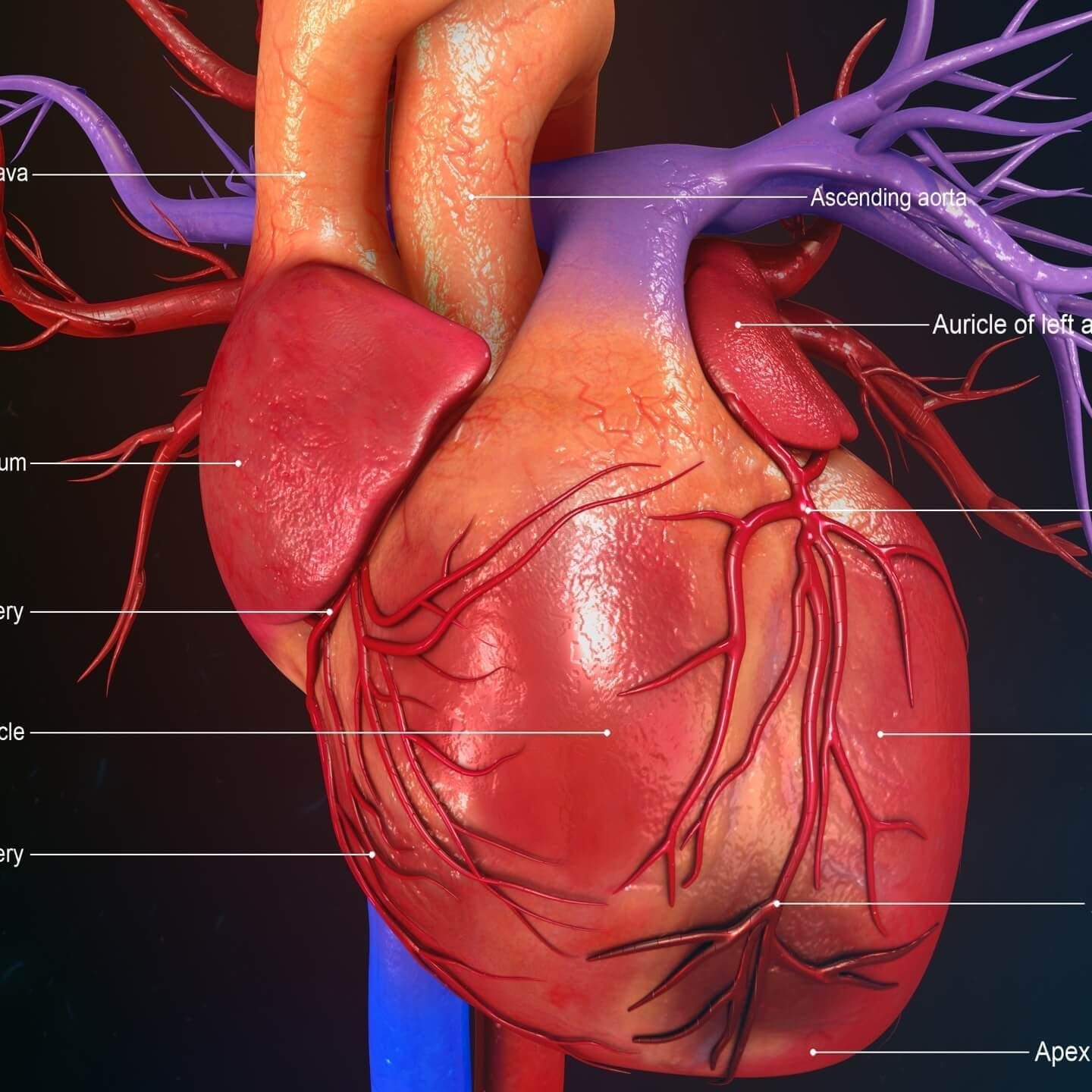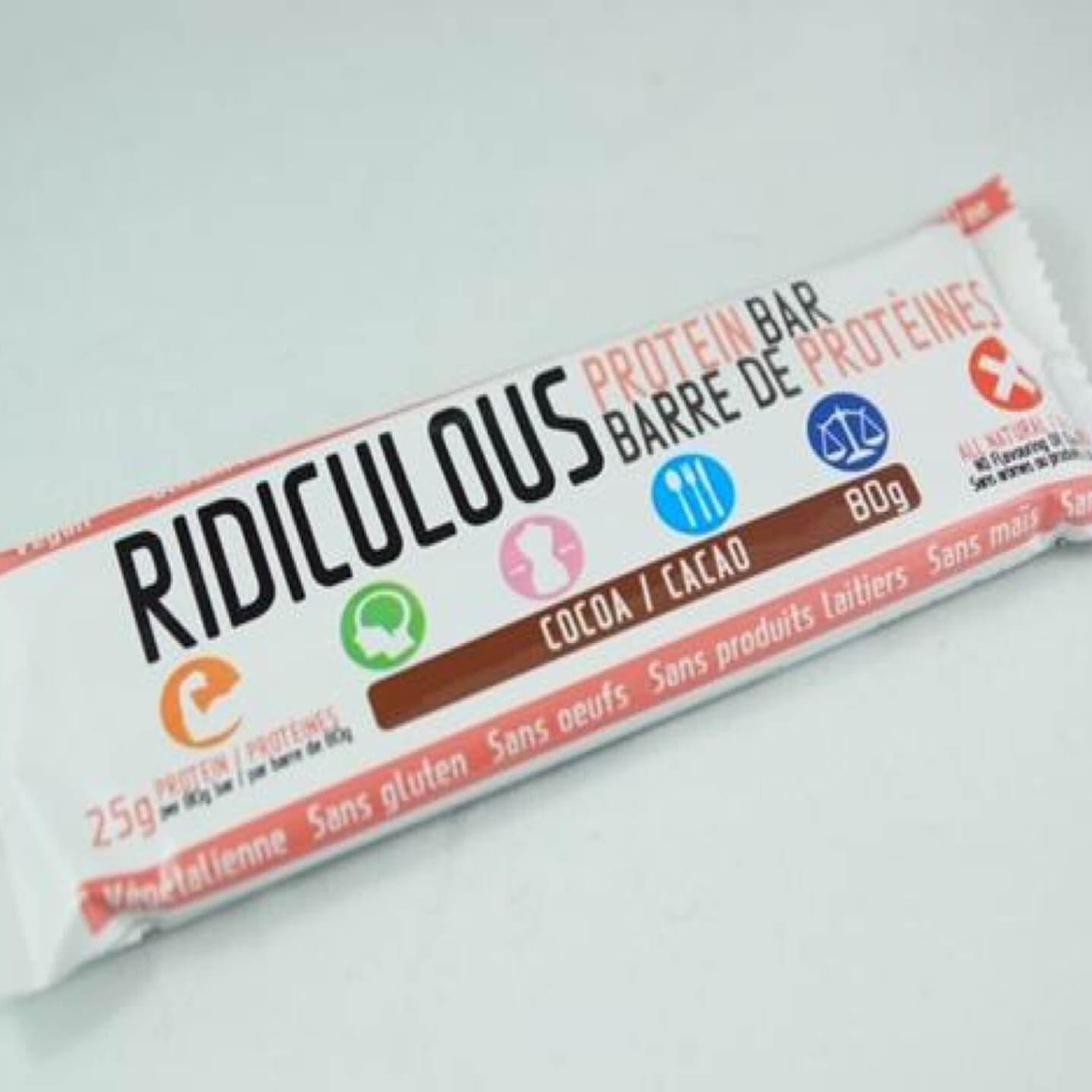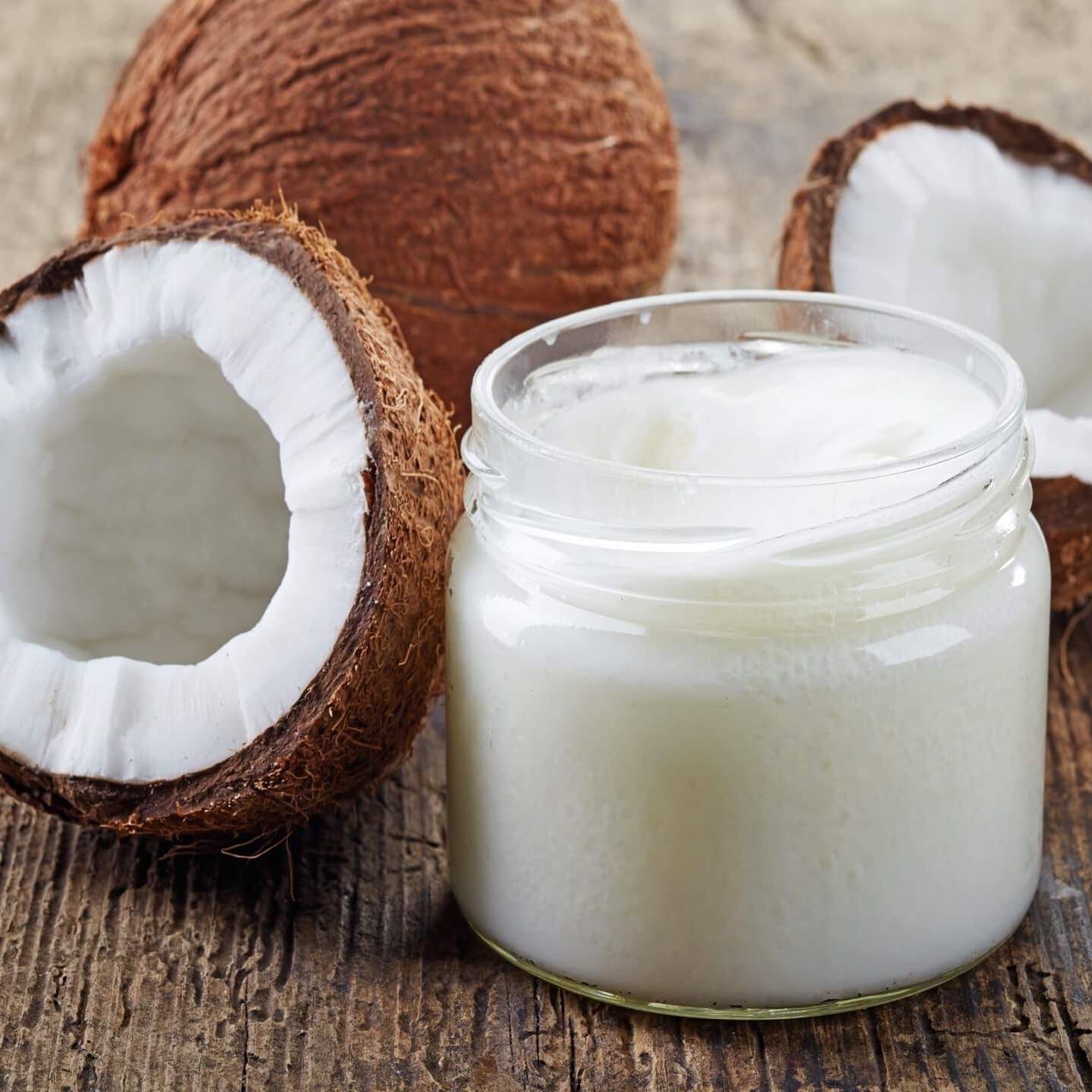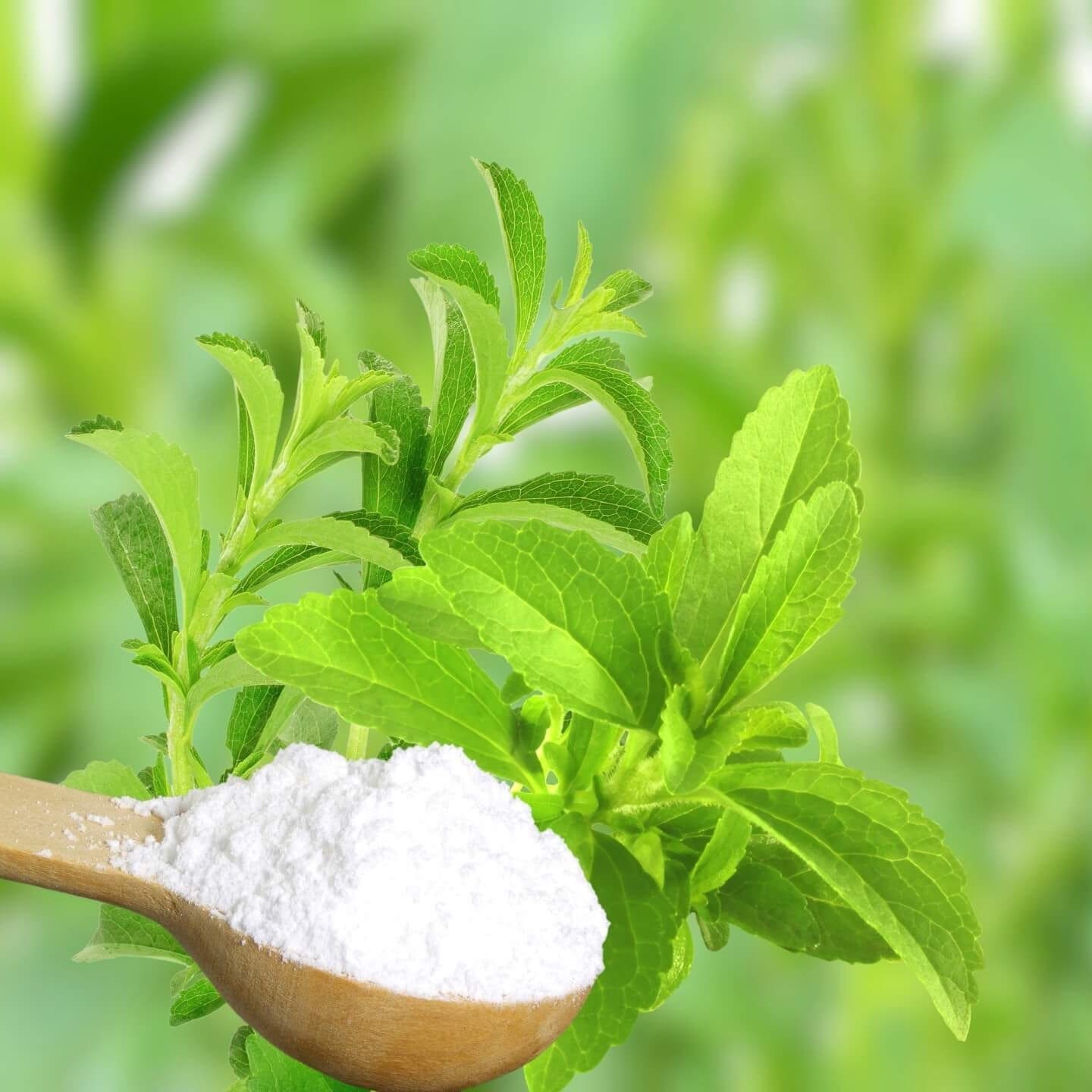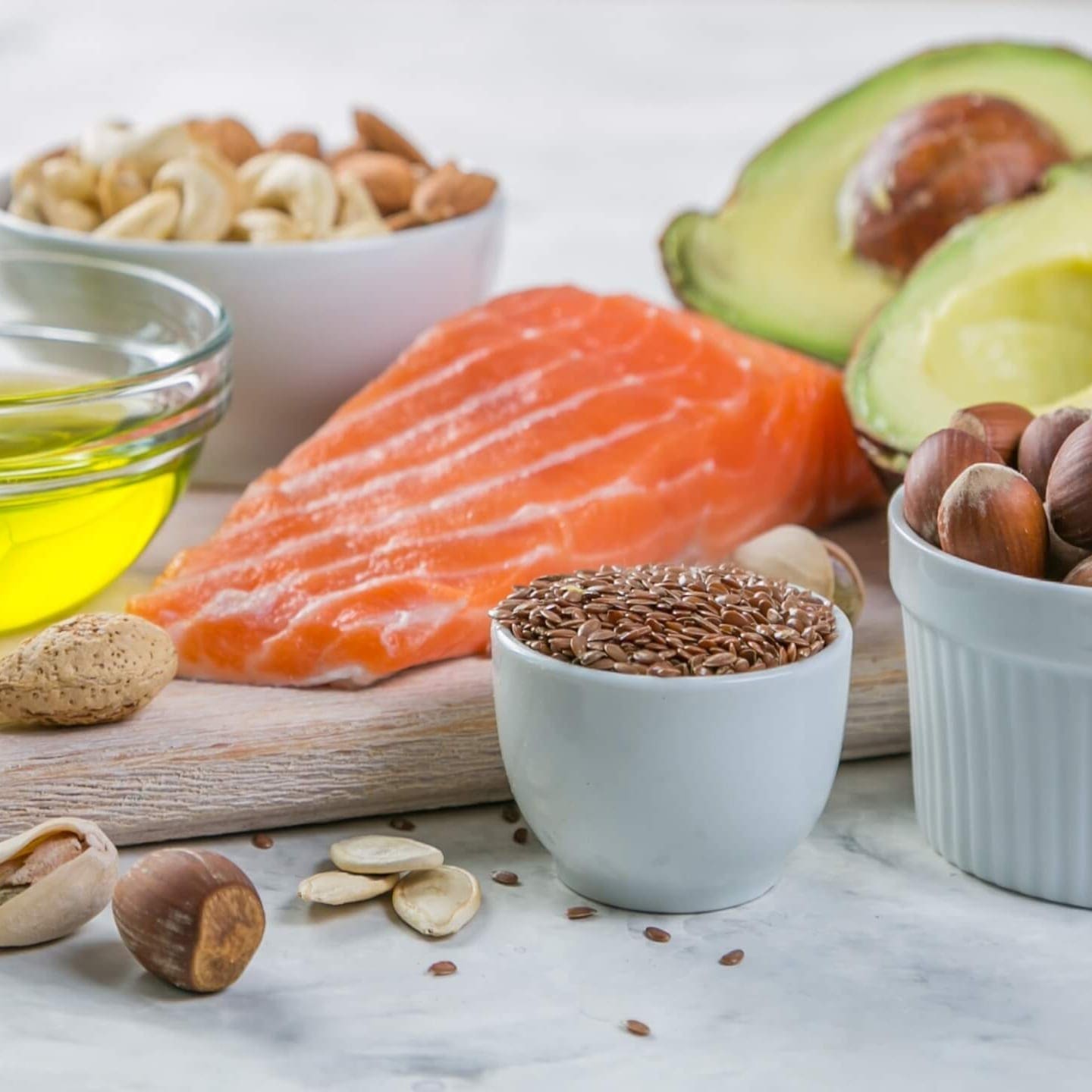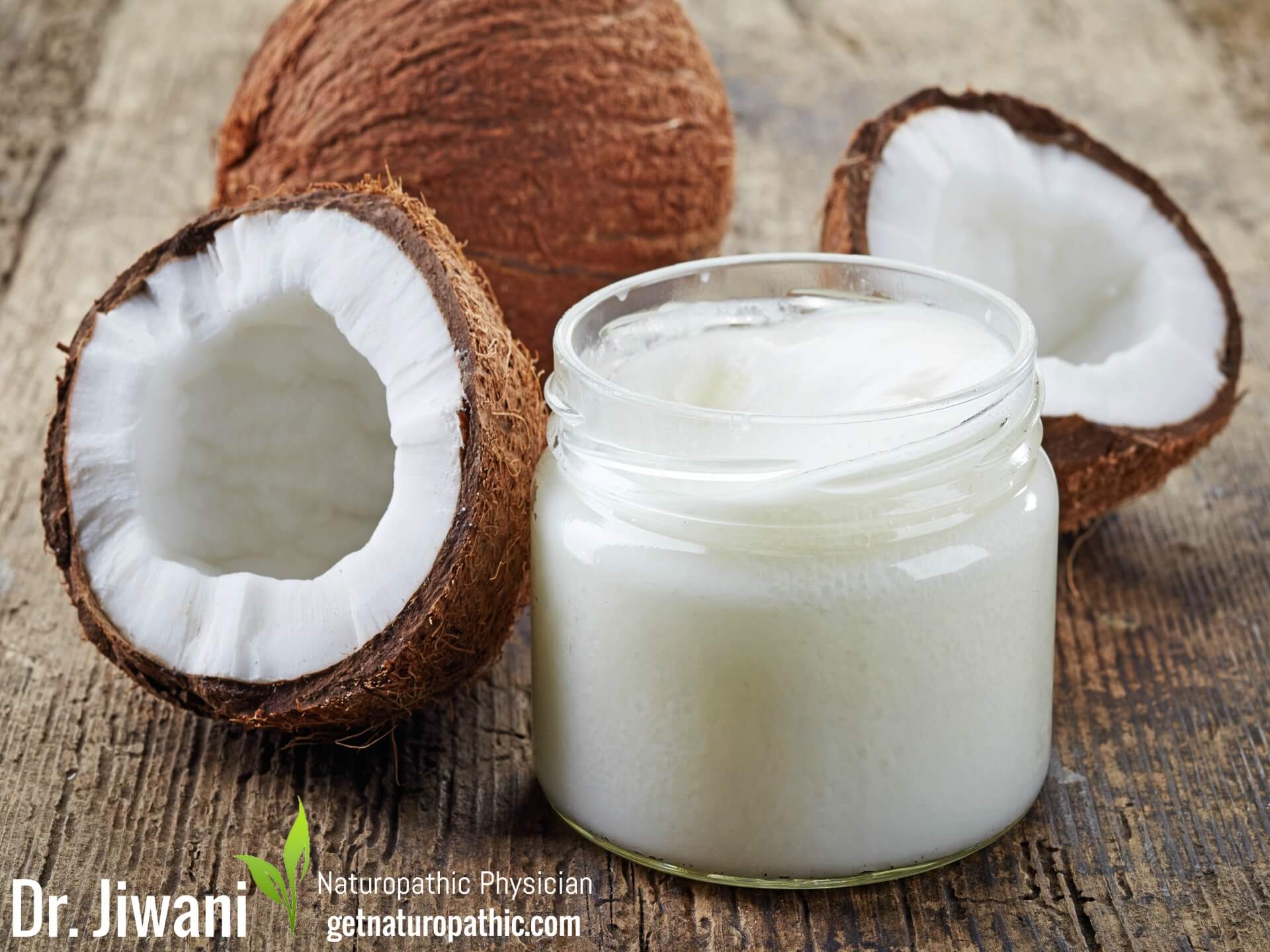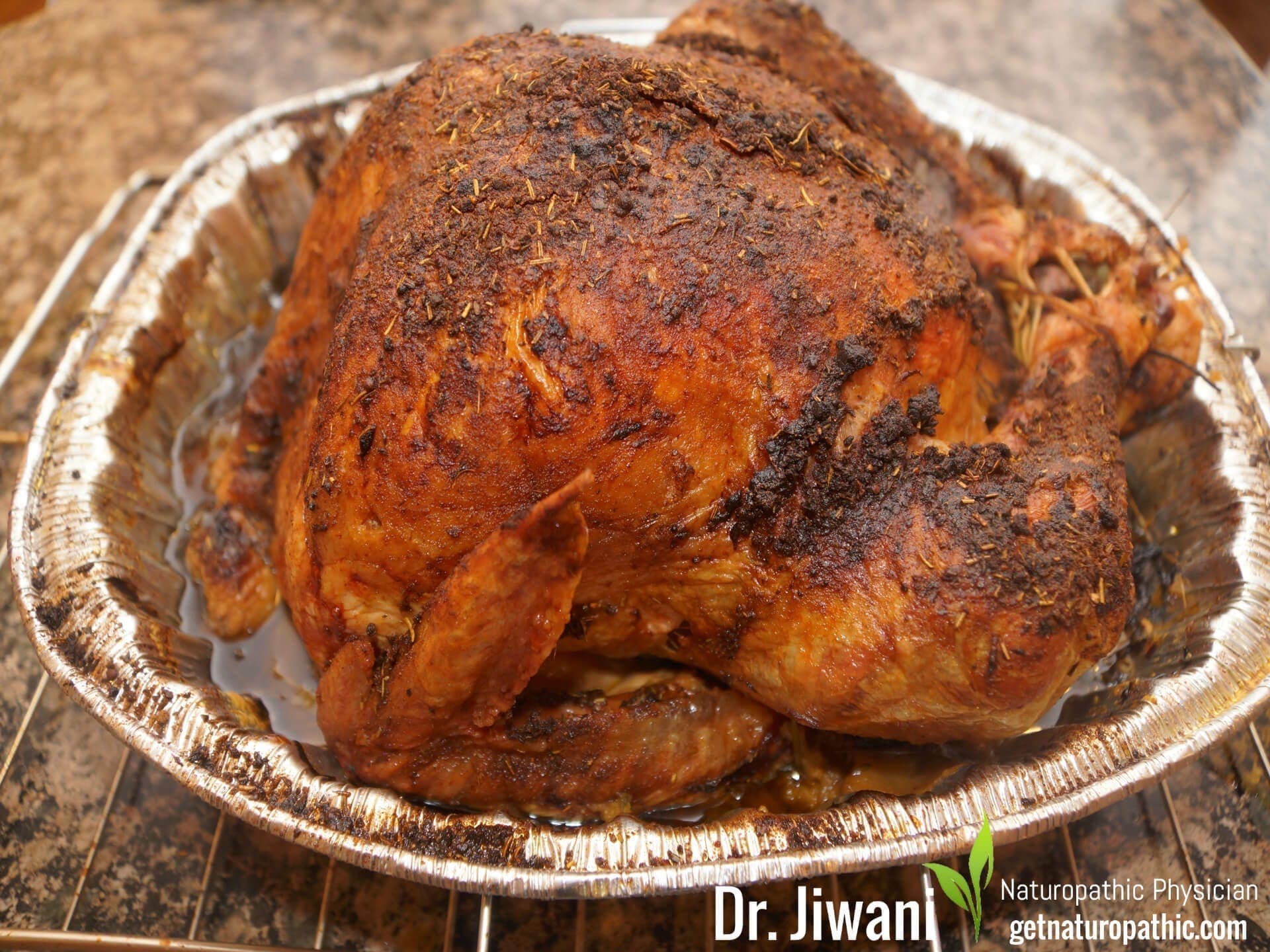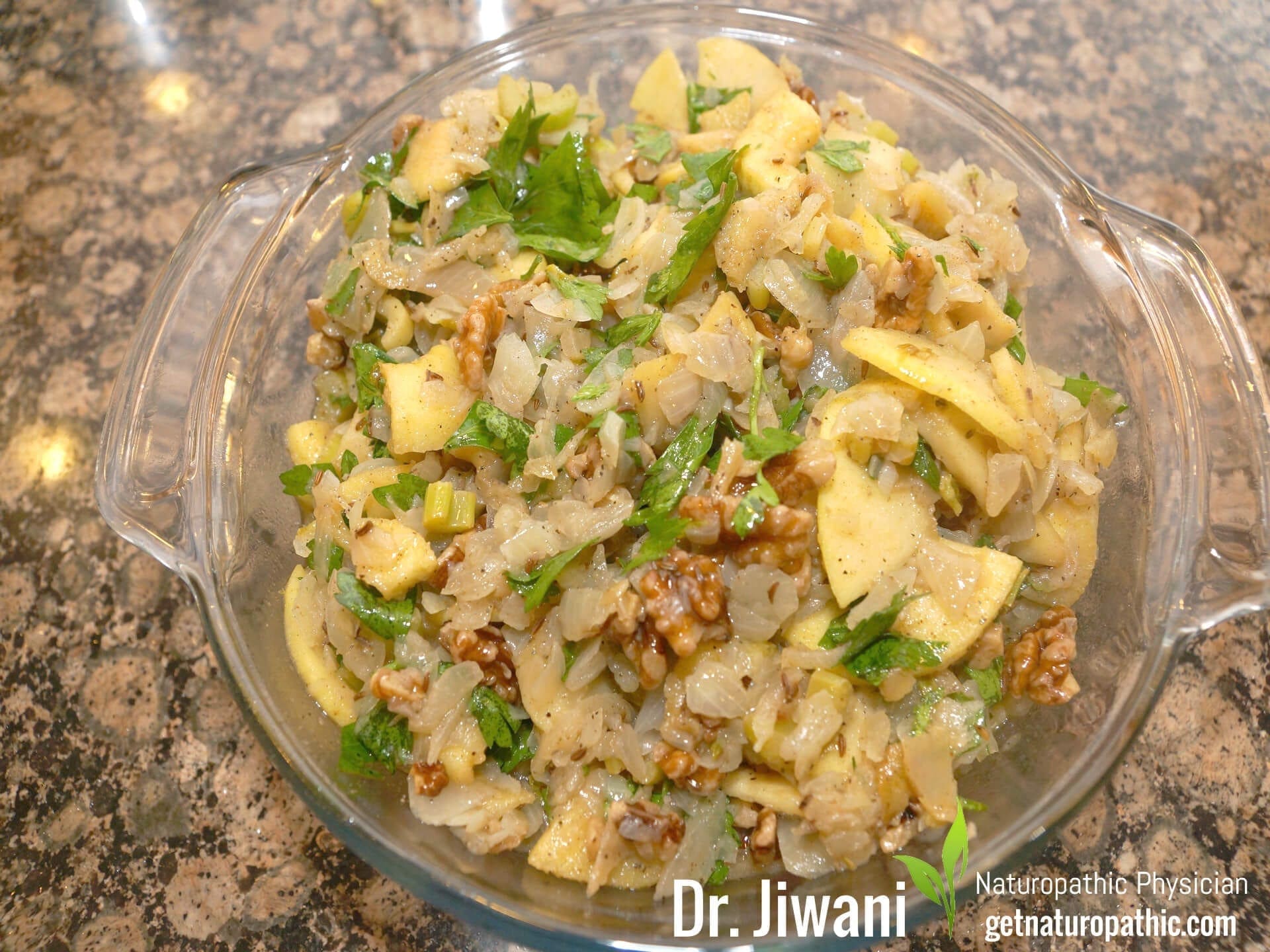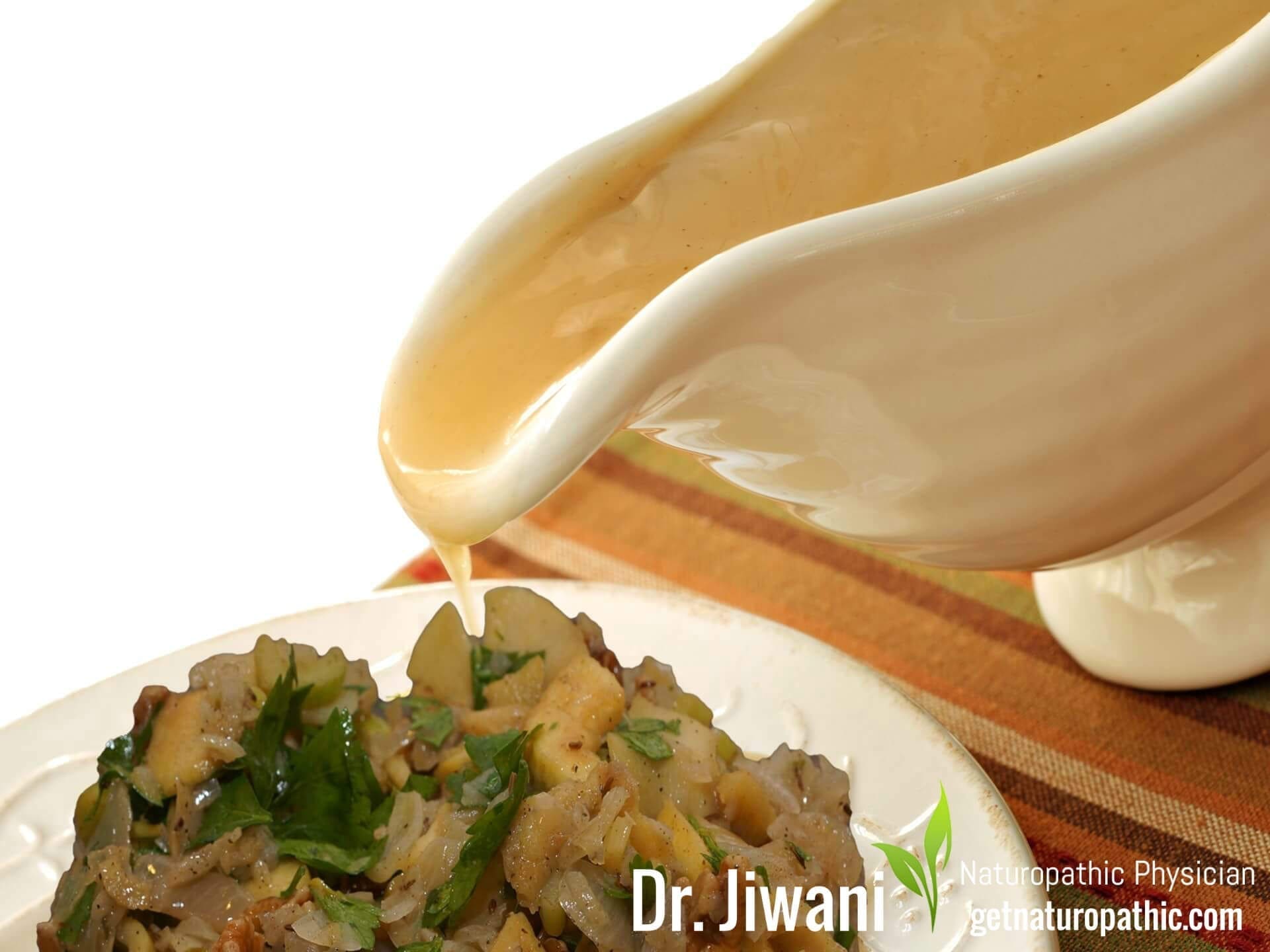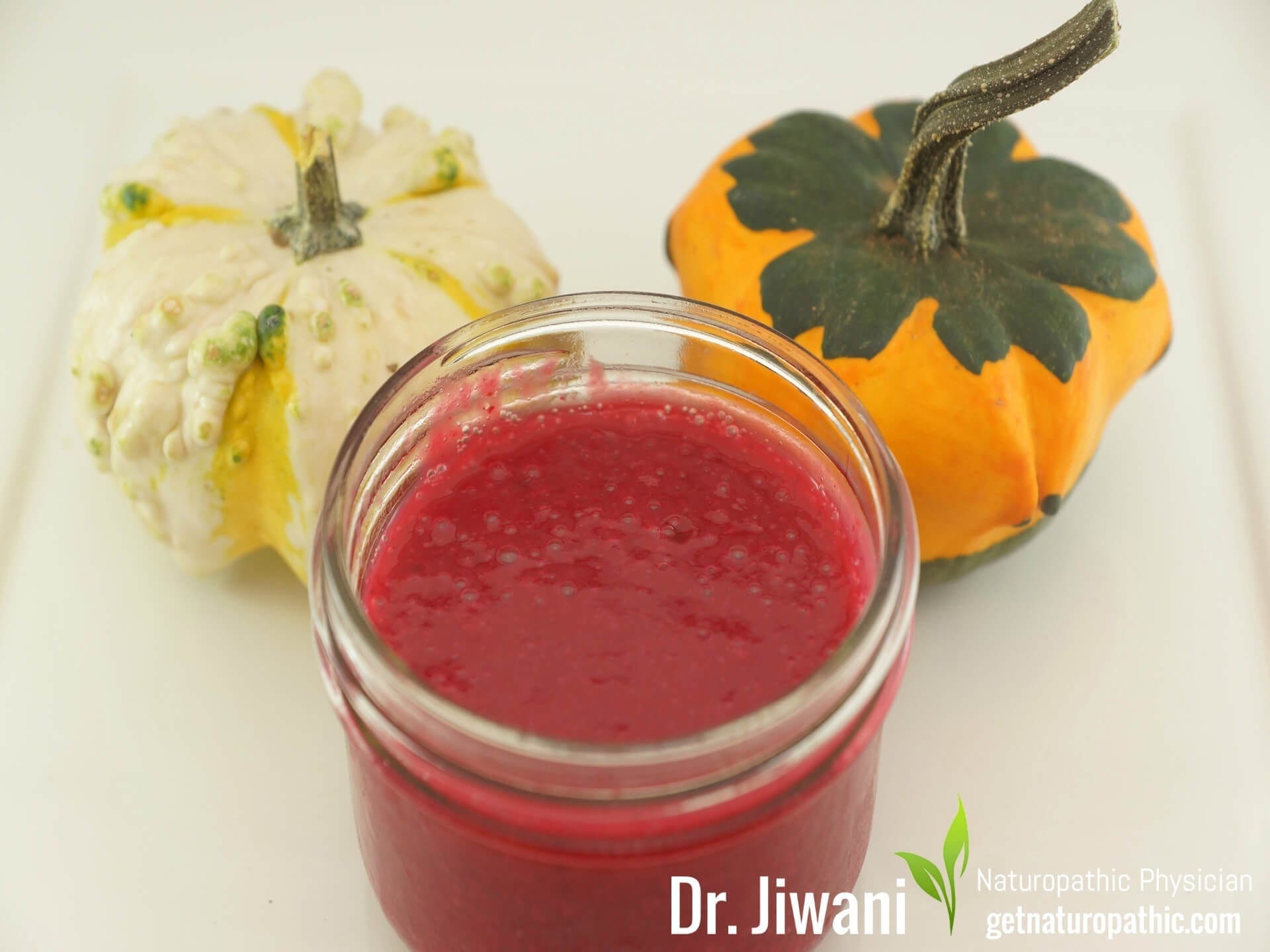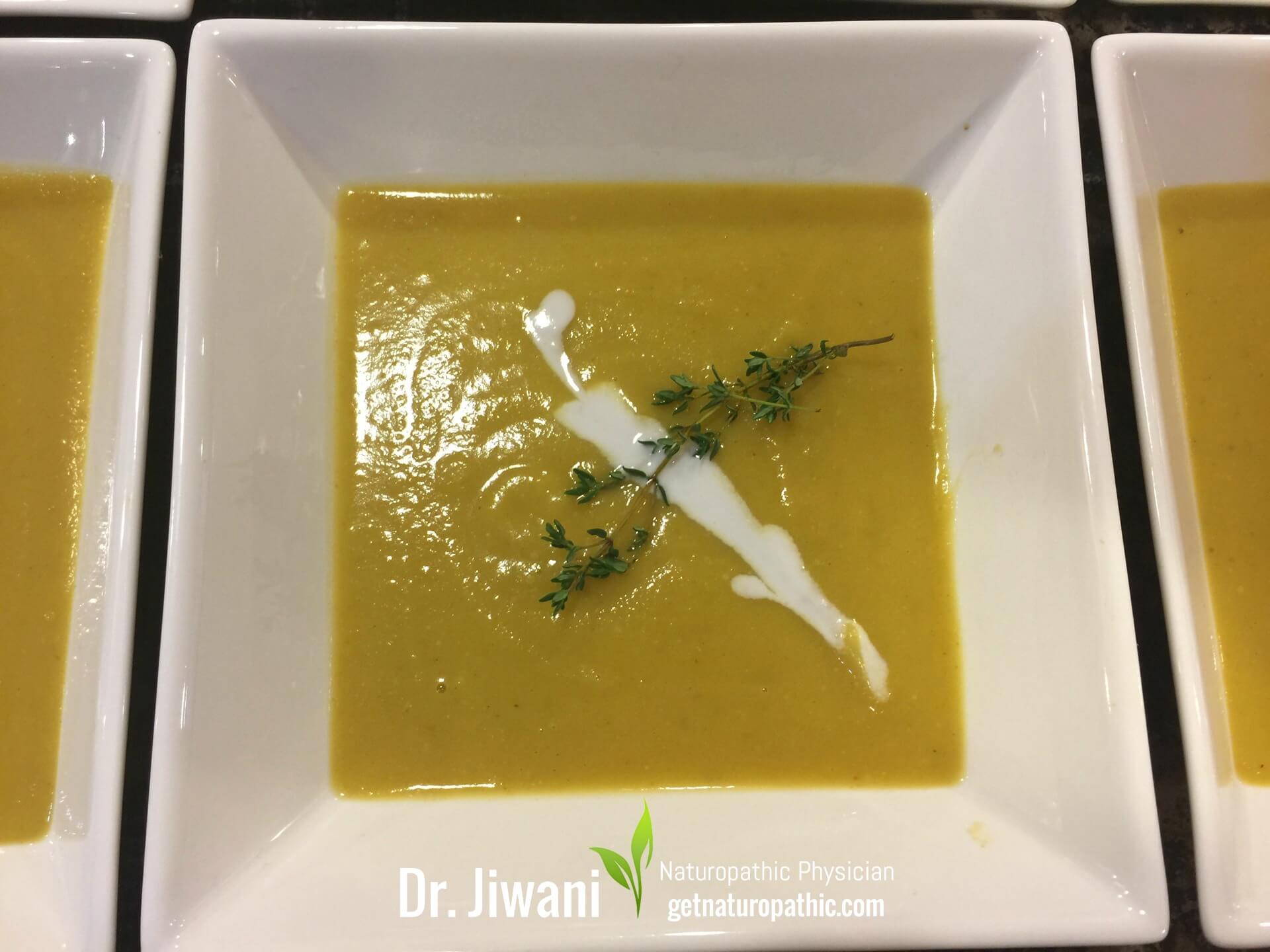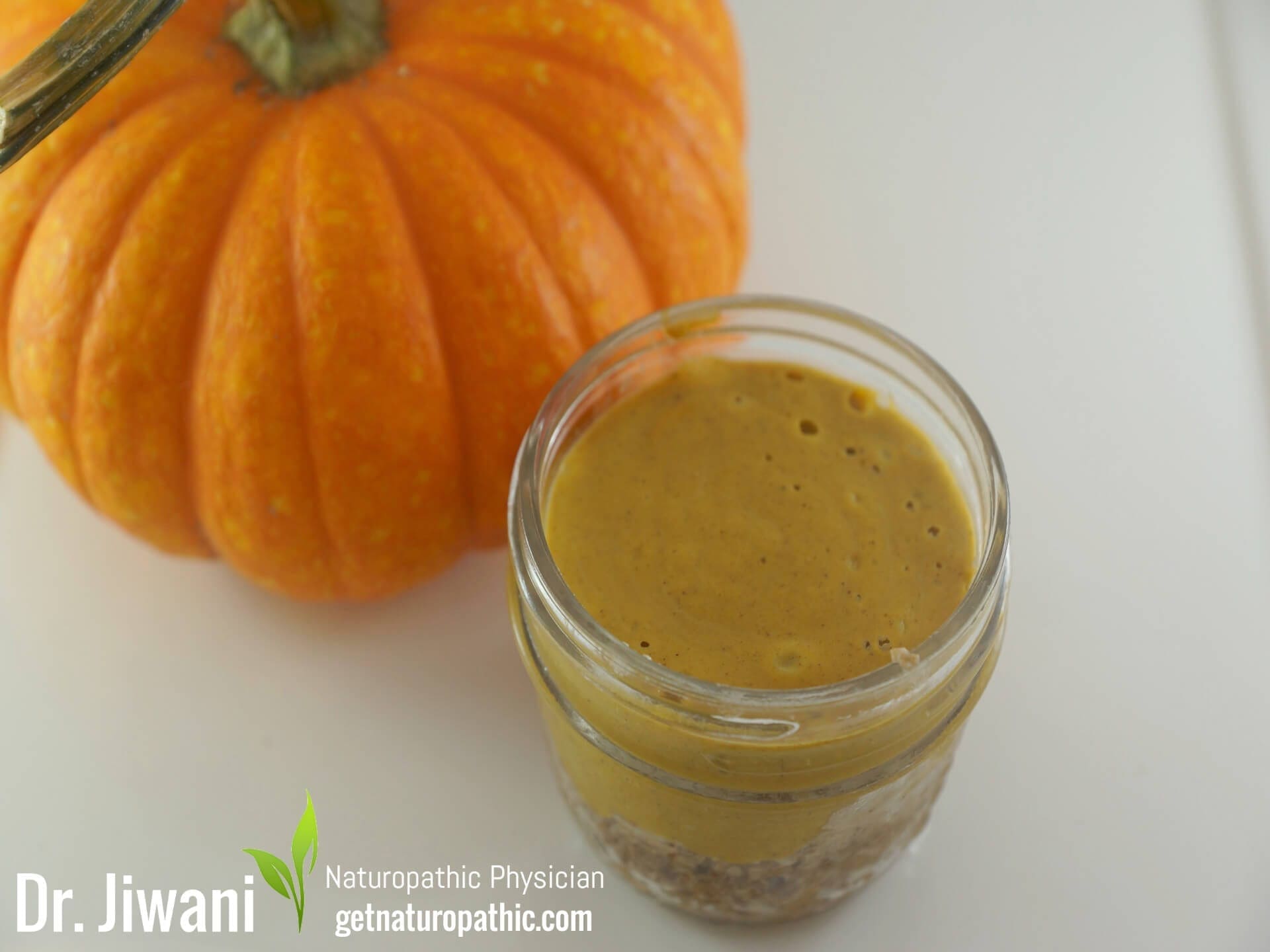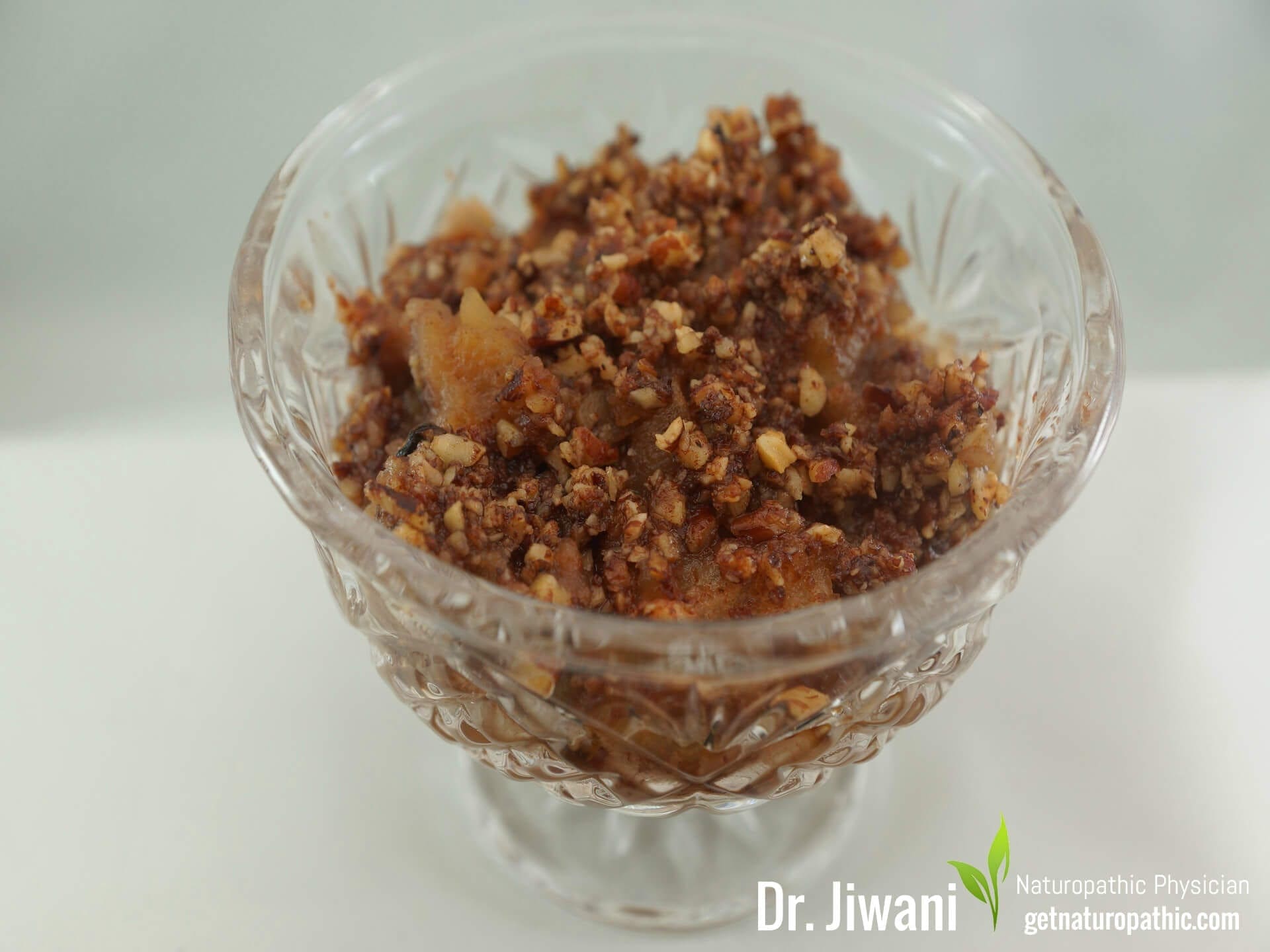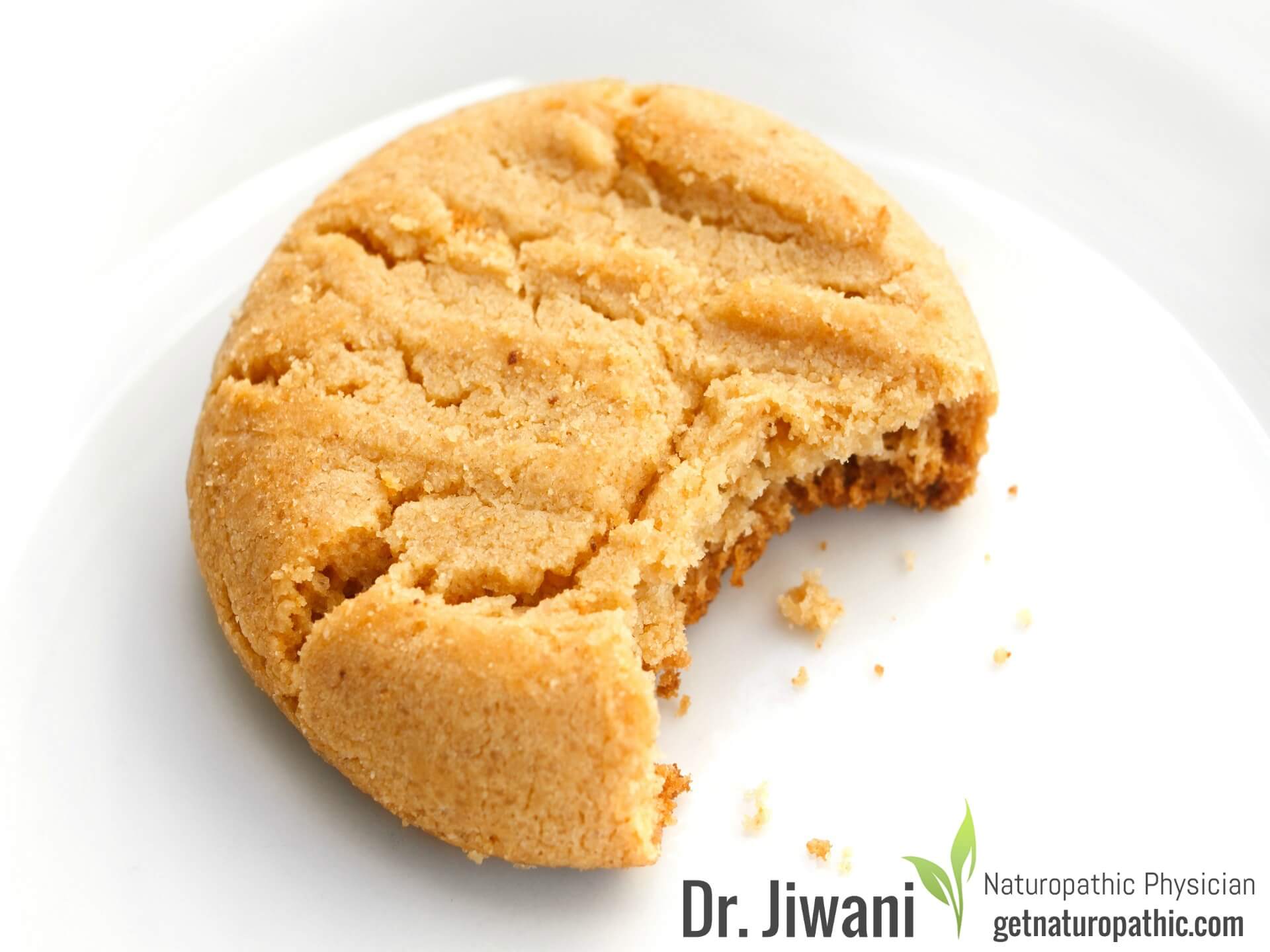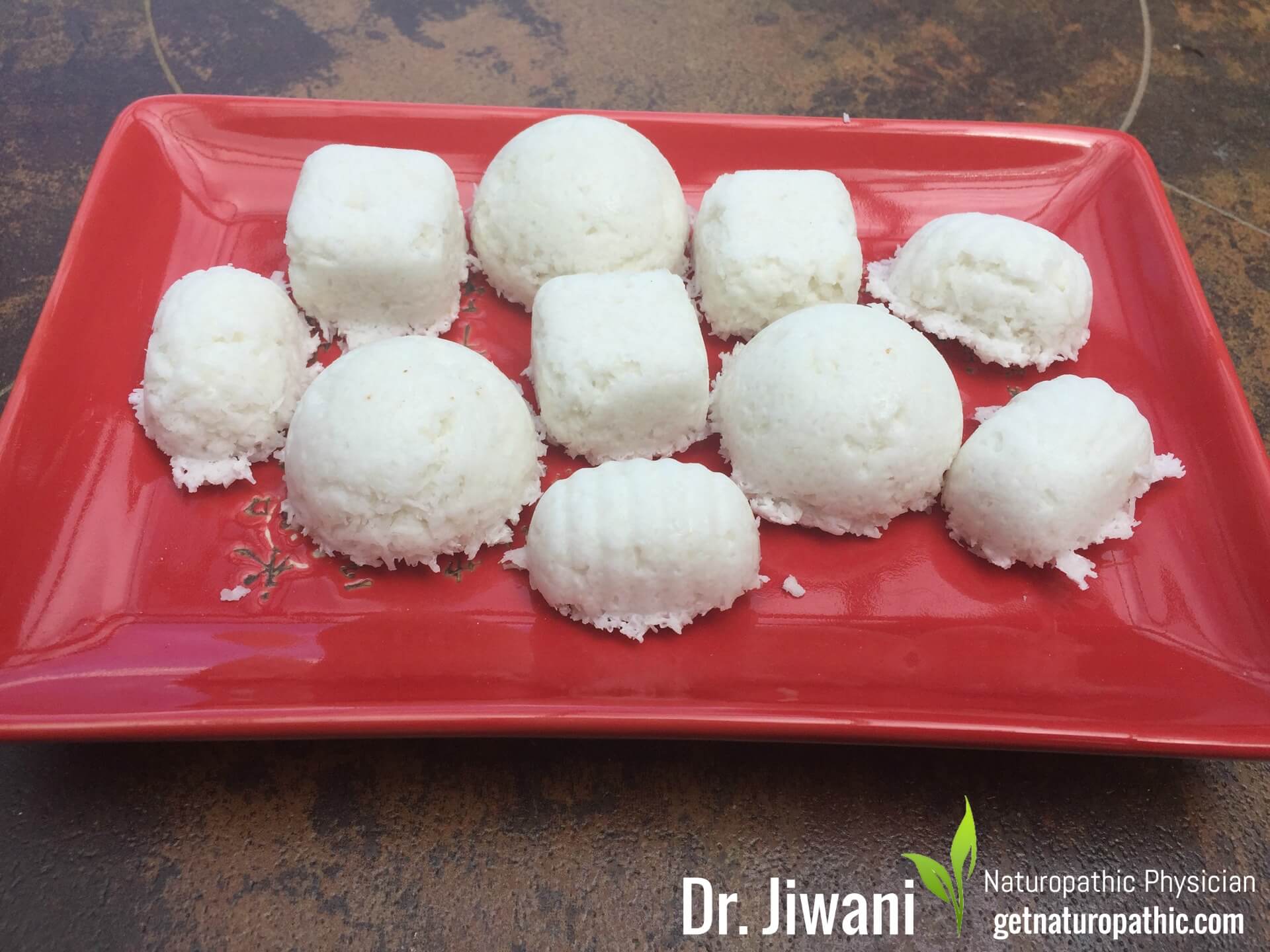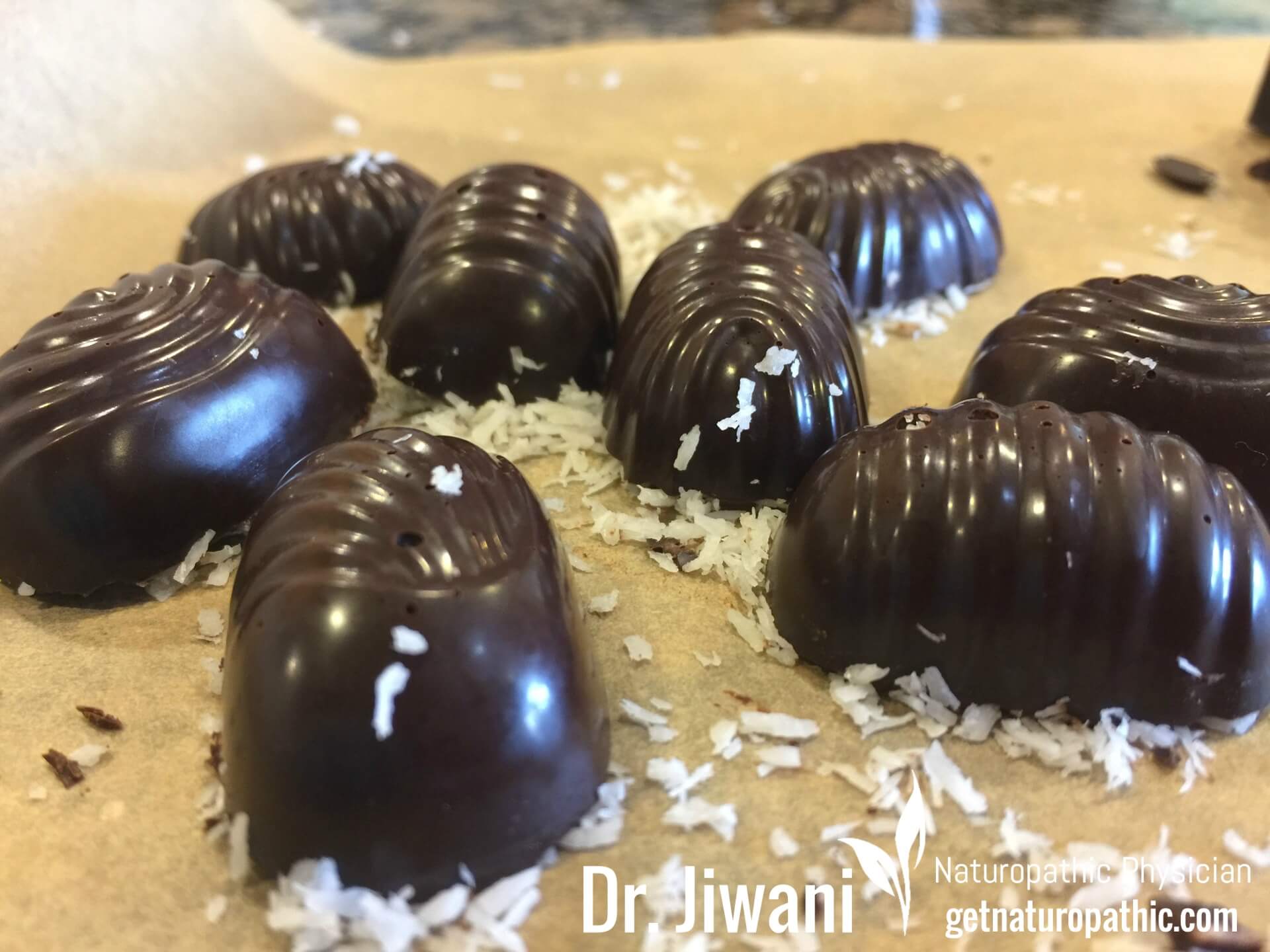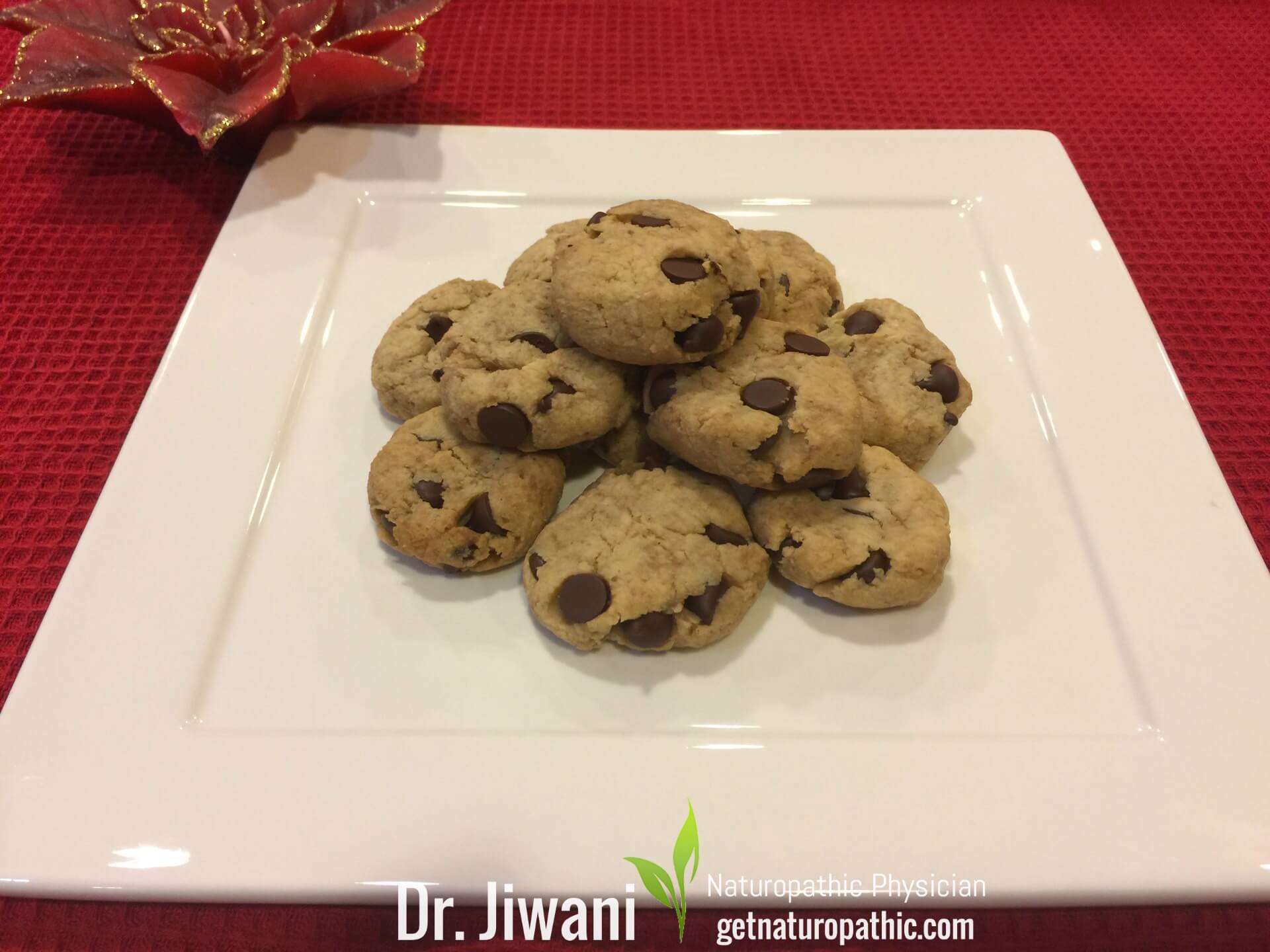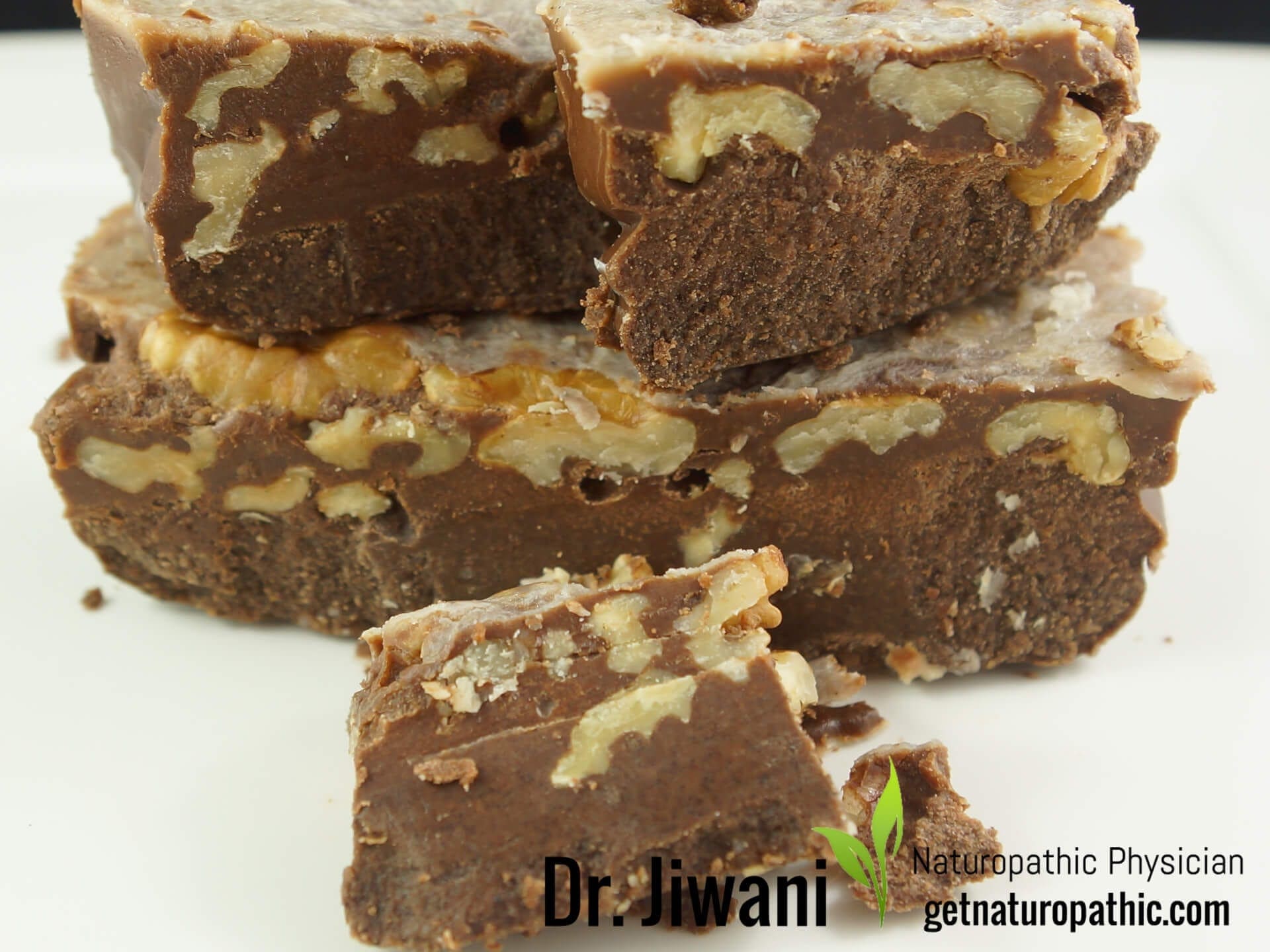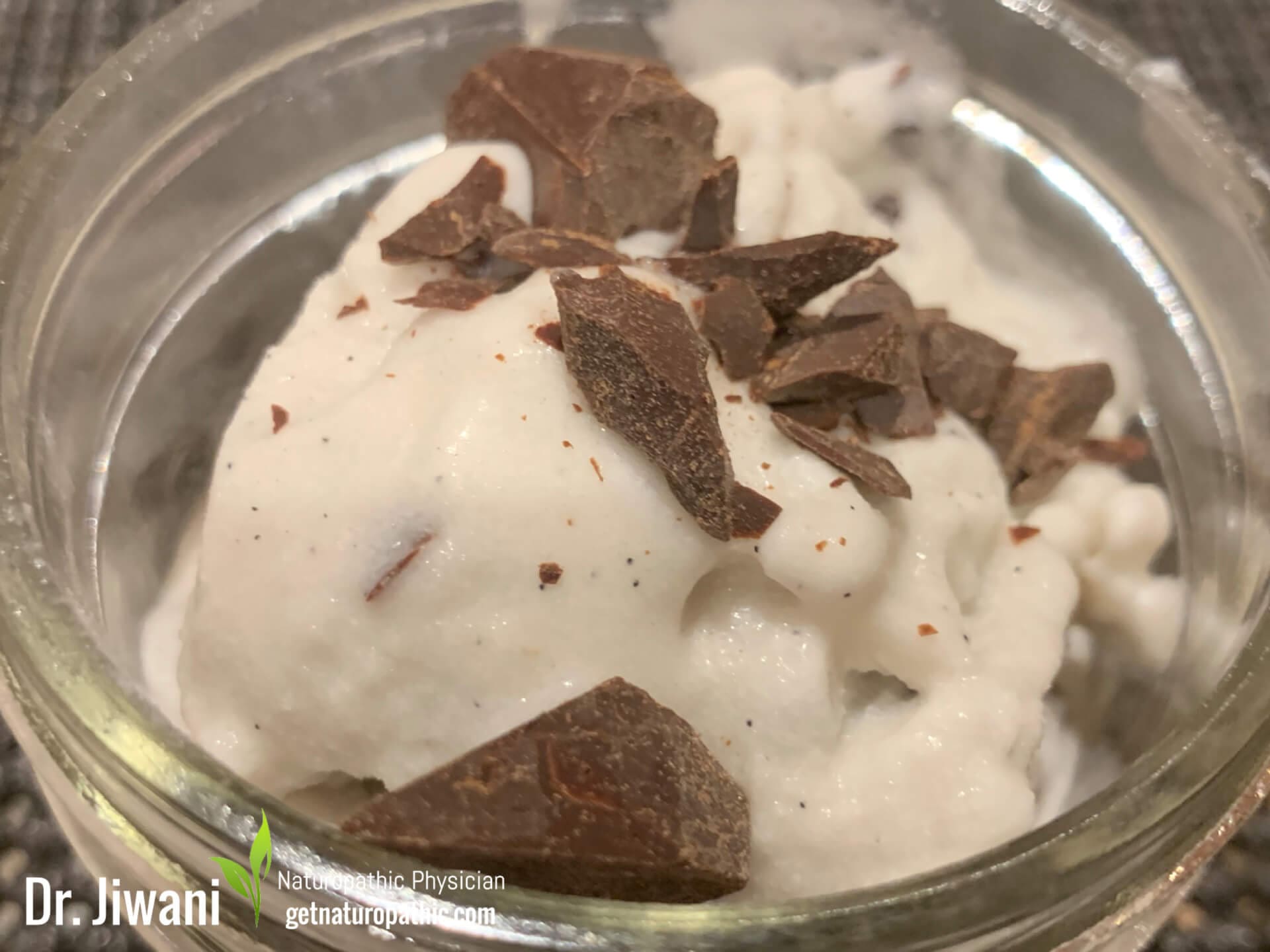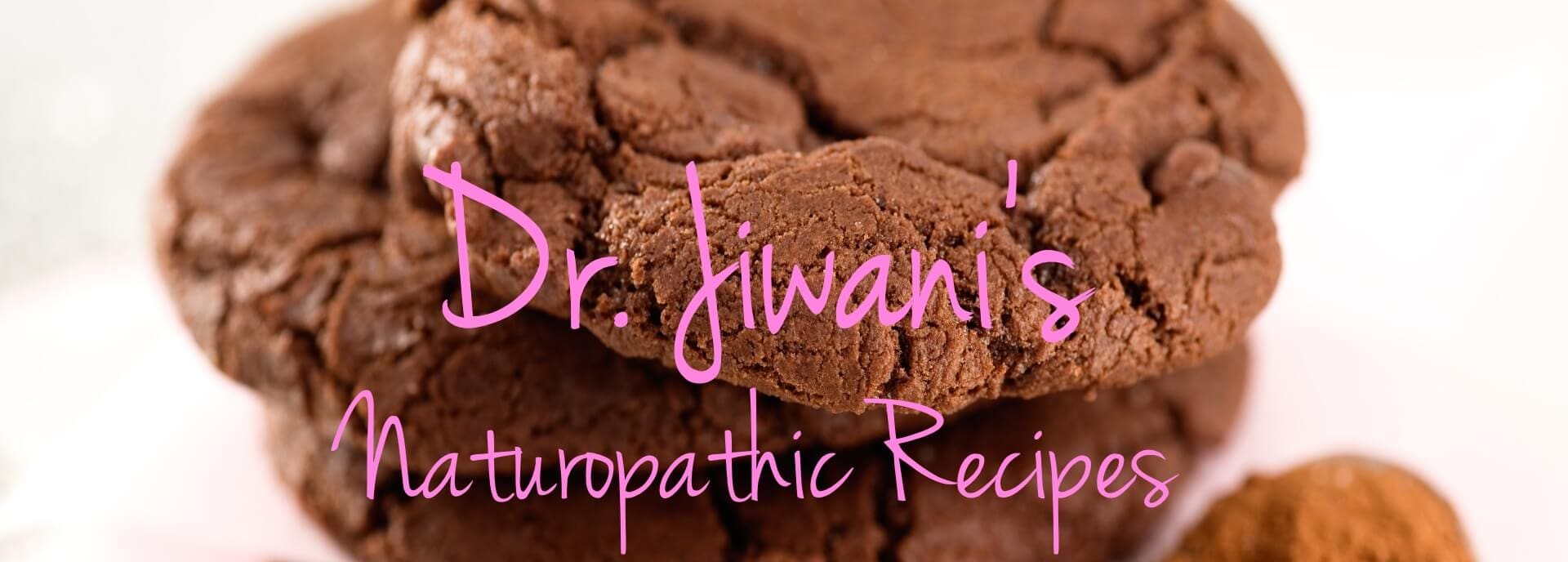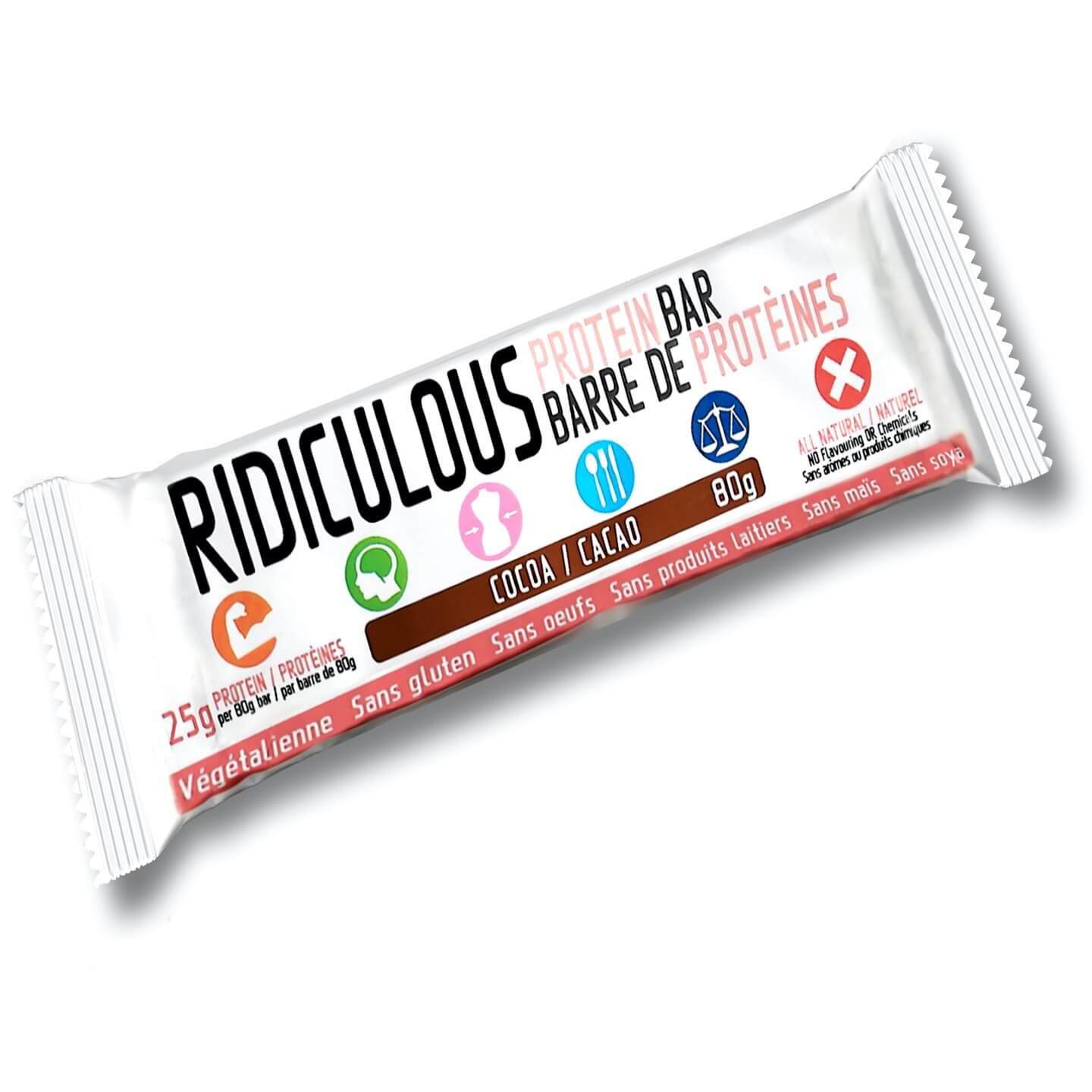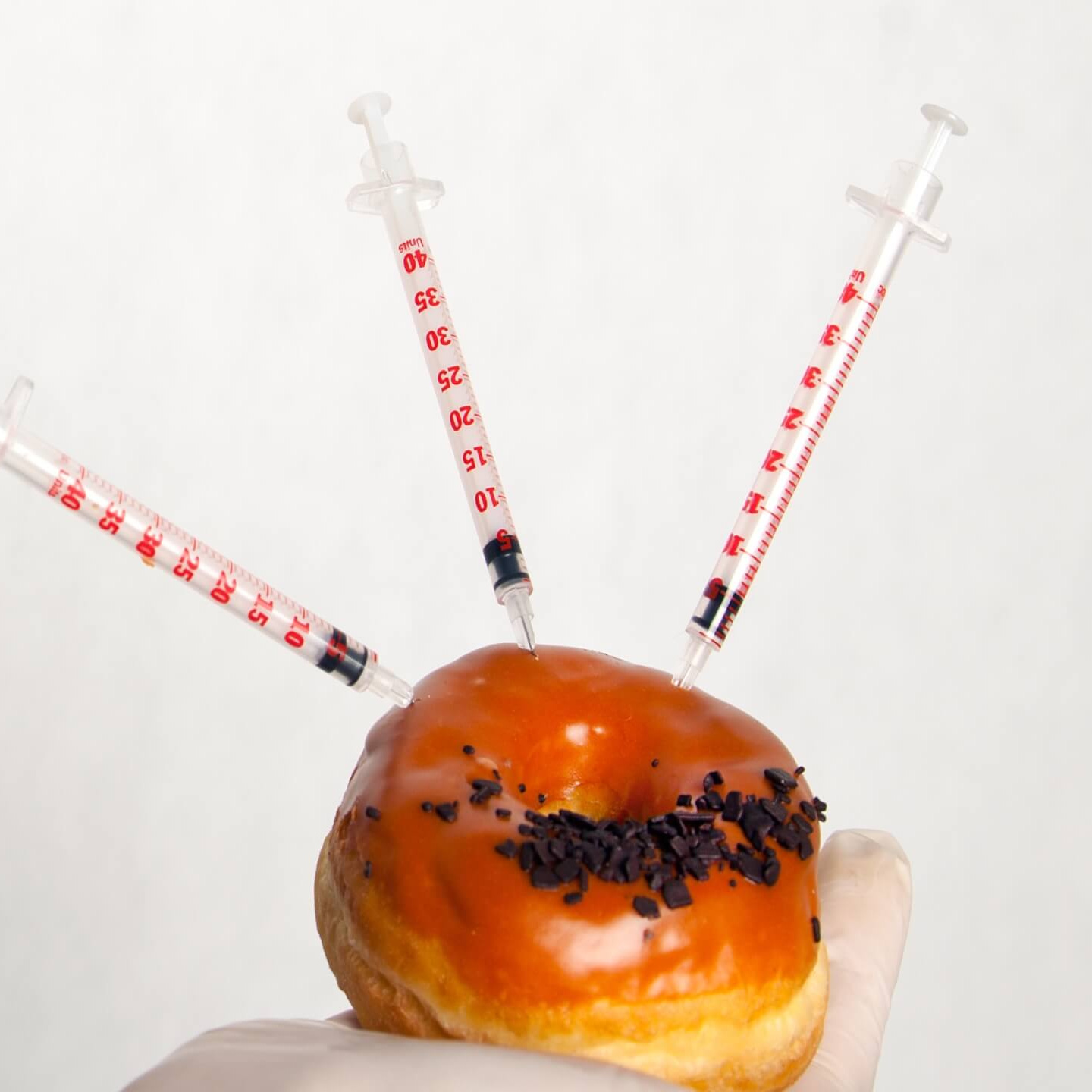Home »
Popular Posts
Is Coconut Oil Good or Bad For You? Truths & Deceptions About This Tropical Fat
Naturopathic Nuggets about Coconut Oil
- Be weary of the American Heart Association (AHA) review of June 2017 as there are many issues with the information summary including the questionable avoidance of Coconut Oil
- The theory that saturated fats cause heart disease is still being espoused by the AHA, but has long since been disproved. The AHA recommended that Coconut Oil be avoided as it is a saturated fat
- Older research claiming the negative effects of Coconut Oil used hydrogenated coconut oil, found in processed foods, pastries, desserts & baked goods. Hydrogenated Coconut Oil is linked to obesity, high blood pressure, heart attack & stroke
- AHA advised against Coconut Oil even though it was found to increase HDL (good) cholesterol, as it also increases LDL (bad) cholesterol. This is contentious, as studies do not specify which of two types of LDL (bad) cholesterol are the culprits. This matters as one type of LDL cholesterol is a fluffy, benign type & the second is a pellet-like, deadly type.
- Ultimately, there are healthy & unhealthy saturated and unsaturated fats. However, carbohydrates are more suspect than fats in causing clogged arteries, fatty liver, heart disease, weight gain, diabetes & obesity.
- There is sufficient research to support the many health-giving benefits of Coconut Oil, including heart health.
The “Coconut Will Kill You” Drama
Recently the American Heart Association (AHA) released a presidential advisory in the Journal Circulation June 2017 advising against the use of coconut oil in relation to heart disease. The internet went crazy with radical headlines dramatizing coconut oil.
“Coconut oil ‘as unhealthy as beef fat and butter” ~ BBC News
“Coconut oil isn’t healthy. It’s never been healthy.” ~ USA Today
“Coconut oil has more ‘bad’ fat than beef and butter, heart doctors warn” ~ The Globe And Mail
“Coconut Oil Is Over, RIP Coconut Oil” ~ Huffington Post UK
The review discussed the role of various dietary fats & cholesterol in reducing the risk of heart disease. The popularity of coconut oil promoted its discussion in the AHA review and online. Is coconut oil deadly or should we be suspect of the AHA review? Who are we being led or misled by? We will discuss the issues with the AHA review and discuss the health science of coconut oil. I found it so interesting as to how quickly they were to slaughter a healthy food item, when there are so many toxic “items” on the market. Just saying…
The American Heart Association Misleading Review
- AHA is corporately funded by drug, food & vegetable oil companies (Subway, Cheerios, Canola Oil, Bayer & Monsanto). Read conflict of interest!
- AHA’s past recommendations are a concern, including replacing saturated fats (coconut oil & butter) with omega 6 fats (vegetable oils & margarine which cause chronic inflammation leading to heart damage)
- AHA is fixated on saturated fats causing heart disease based on decades old research (1960’s). Huge amounts of research disprove this, showing no link between heart disease & saturated fats or cholesterol.
- AHA promotes high amounts of processed carbs like cereals. Carbohydrates are now known to cause diabetes, inflammation, obesity & heart disease.
- AHA recommends low salt intakes that have been linked to increased fatal heart attacks, stroke & heart failure (O’Donnell et al 2014).
- AHA basically reiterated that saturated fats are bad. They vilified coconut oil because of it’s high percentage (82%) of saturated fat compared to other foods such as butter (64%). The problem is that there are different types of saturated fats.
- AHA also advised against coconut oil despite its increase of HDL (good) cholesterol, as it also increases LDL (bad) cholesterol. The main problem is when studies determined that something increases LDL (bad) cholesterol they do not specify which of two types of LDL (bad) cholesterol are the culprits. This matters as one type is a fluffy, benign type & the second is a pellet-like, deadly type.
- The AHA review ignored many studies, gave unequal weight to some studies, and not enough value to others, misinterpreted review papers and made strong conclusions were based on weak evidence. This is called cherry picking to support your theory.
- Most older research was done on refined, bleach & deodorized or hydrogenated coconut oil. Research has hydrogenated saturated fats linked to obesity, high blood pressure, heart attack & stroke.
Not All Saturated Fats Are Equal
Coconut oil has 82% saturated fat, yet it is unlike the long chain fats in vegetable oils, cheese & meat. Coconut oil has 2/3 medium chain triglycerides (fats) (MCTs). Typically, long chain fats are digested slowly, requiring gallbladder bile & pancreatic enzymes. The intestinal absorption causes fat in the blood which can lead to clogged arteries & weight gain.
Coconut Oil For Weight Loss & Brain Food
MCTs digest quickly, don’t require digestive enzymes, absorb easily and go to the liver to make ketones. Ketones suppress the hunger hormone ghrelin, increasing fullness. MCTs are easily accessible for energy as they are not stored as fat. They also supply the brain with energy which is why coconut oil has been linked with improving Alzheimer’s disease (Newport et al 2014).
Refined, Hydrogenated Coconut Oil Can Be Deadly
Historically, coconut had a poor reputation as a saturated fat that clogs arteries & increases cholesterol. These health concerns are due to hydrogenated coconut oil used in processed foods, such as pastries, desserts & baked goods. Research has hydrogenated saturated fats linked to obesity, high blood pressure, heart attack & stroke. Conversely, raw, organic coconut has many superfood benefits. Coconut meat is a source of protein, healthy fats, fibre & various vitamins & minerals including calcium, potassium and other electrolytes. Coconut is the best oil for weight & fat loss. The medium chain fats in coconut are metabolized differently in the body, improving metabolism, fat burning, loss of belly fat & improving calorie burning & calorie reduction through fullness.
Proven Health Benefits of Raw, Organic Coconut Oil:
- Alzheimer’s Disease: neurodegeneration, improving memory & brain function
- Cancer Prevention: ketones starve cancer, MCTs kill H.pylori bacteria, lowers free radicals, anti-aging & prevents degenerative diseases
- Diabetes: affects insulin hormone levels for energy & preventing fat gain
- Energy & Metabolism: MCT go to the liver to make ketones for energy & are not stored as fat
- Hair & Skin: improves health & texture of skin & hair, moisturizes, reduces inflammation
- Heart Health: improves HDL “good” cholesterol, reduces risk heart disease
- Immunity: lauric acid is anti-bacterial, anti-fungal (candida/yeast Infections), anti-parasitic & anti-viral
- Inflammation & Arthritis
- Kidney & Bladder: reduces bladder infections, prevents kidney disease
- Leaky Gut: improves digestion & absorption of vitamins, minerals & nutrients
- Liver Protective
- Thyroid: supports thyroid levels & function
- Weight & Metabolism: stimulates metabolism, fat burning, calorie utilization, loss of belly fat & improved calorie burning & calorie reduction through fullness
Fat Doesn’t Make You Fat, Carbs Make You Fat (Inside & Out)
This whole issue arose from advice on health. Ultimately, carbohydrates are what causes weight gain, diabetes, heart disease & strokes, NOT healthy fats. Healthy fats include various saturated & unsaturated forms. Saturated fats should preferably be organic, unrefined forms of coconut, palm & MCT oils, while animal forms should be grass-fed, organic sources of butter, ghee, dairy, eggs, meat & seafood. Avoid margarine and all hydrogenated & trans fats such as those in “buttery” spreads. Unsaturated fats (nut & seed oils, olive oil & avocado) should be organic, extra virgin forms and never exposed to high heat. Avoid highly processed unsaturated fats exposed to light, air & heat. These include oils from canola (rapeseed), corn, soybean, grapeseed, sunflower, safflower, rice bran, cottonseed, sesame & peanut.
Related The Weight Loss Debate: Exercise Vs. Diet In The Battle Of The Bulge
References
Assunçao ML, Ferreira HS, dos Santos AF, Cabral CR, Florêncio TM. Effects of dietary coconut oil on the biochemical and anthropometric profiles of women presenting abdominal obesity. Lipids. 2009 Jul 1;44(7):593-601.
Babu AS, Veluswamy SK, Arena R, Guazzi M, Lavie CJ. Virgin coconut oil and its potential cardioprotective effects. Postgraduate Medicine. 2014 Nov 1;126(7):76-83.
BBC News. (2017). Coconut oil ‘as unhealthy as beef fat and butter’ – BBC News. [online] Available at: http://www.bbc.com/news/health-40300145 [Accessed 10 Jul. 2017].
Cardoso DA, Moreira AS, de Oliveira GM, Raggio Luiz R, Rosa G. A coconut extra virgin oil-rich diet increases HDL cholesterol and decreases waist circumference and body mass in coronary artery disease patients. Nutricion Hospitalaria. 2015;32(5).
Deol P, Evans JR, Dhahbi J, Chellappa K, Han DS, Spindler S, Sladek FM. Soybean oil is more obesogenic and diabetogenic than coconut oil and fructose in mouse: potential role for the liver. PloS One. 2015 Jul 22;10(7):e0132672.
Galvin JE. Optimizing Diagnosis And Manangement In Mild-To-Moderate Alzheimer’s Disease. Neurodegenerative Disease Management. 2012 Jun;2(3):291.
Nafar F, Mearow KM. Coconut oil attenuates the effects of amyloid-β on cortical neurons in vitro. Journal of Alzheimer’s Disease. 2014 Jan 1;39(2):233-7.
Newport MT, VanItallie TB, Kashiwaya Y, King MT, Veech RL. A new way to produce hyperketonemia: use of ketone ester in a case of Alzheimer’s disease. Alzheimer’s & Dementia. 2015 Jan 31;11(1):99-103.
Nutrition Coalition. (2017). Saturated fats: do they cause heart disease? | Nutrition Coalition. [online] Available at: http://www.nutrition-coalition.org/saturated-fats-do-they-cause-heart-disease/ [Accessed 10 Jul. 2017].
O’Donnell M, Mente A, Rangarajan S, McQueen MJ, Wang X, Liu L, Yan H, Lee SF, Mony P, Devanath A, Rosengren A. Urinary sodium and potassium excretion, mortality, and cardiovascular events. New England Journal Medicine. 2014 Aug 14;2014(371):612-23.
Otuechere CA, Madarikan G, Simisola T, Bankole O, Osho A. Virgin coconut oil protects against liver damage in albino rats challenged with the anti-folate combination, trimethoprim-sulfamethoxazole. Journal of Basic and Clinical Physiology and Pharmacology. 2014 May 1;25(2):249-53.
St-Onge MP, Jones PJ. Physiological effects of medium-chain triglycerides: potential agents in the prevention of obesity. The Journal of Nutrition. 2002 Mar 1;132(3):329-32.
St-Onge MP, Jones PJ. Greater rise in fat oxidation with medium-chain triglyceride consumption relative to long-chain triglyceride is associated with lower initial body weight and greater loss of subcutaneous adipose tissue. International Journal Of Obesity. 2003 Dec 1;27(12):1565-71.
St-Onge MP, Bourque C, Jones PJ, Ross R, Parsons WE. Medium-versus long-chain triglycerides for 27 days increases fat oxidation and energy expenditure without resulting in changes in body composition in overweight women. International Journal of Obesity. 2003 Jan 1;27(1):95-102.
The Globe and Mail. (2017). Coconut oil has more ‘bad’ fat than beef and butter, heart doctors warn. [online] Available at: https://www.theglobeandmail.com/life/health-and-fitness/health/coconut-oil-has-more-bad-fat-than-beef-and-butter-heart-doctors/article35392172/ [Accessed 10 Jul. 2017].
USA TODAY. (2017). Coconut oil isn’t healthy. It’s never been healthy. [online] Available at: https://www.usatoday.com/story/news/nation-now/2017/06/16/coconut-oil-isnt-healthy-its-never-been-healthy/402719001/ [Accessed 10 Jul. 2017].
Vysakh A, Ratheesh M, Rajmohanan TP, Pramod C, Premlal S, Sibi PI. Polyphenolics isolated from virgin coconut oil inhibits adjuvant induced arthritis in rats through antioxidant and anti-inflammatory action. International Immunopharmacology. 2014 May 31;20(1):124-30.
This information is for educational purposes only and does not advocate self-diagnosis. Due to individual variability, consultation with a licensed health professional, such as a licensed naturopathic physician is highly recommended, prior to starting a natural treatment plan. For further information, see Terms of our Website.
Follow Dr. Jiwani
Popular Posts



